Speakers

Vence L. Bonham Jr
NHGRI/NHI
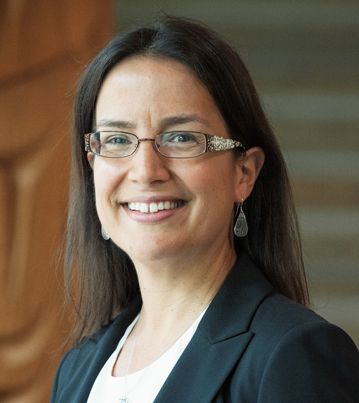
Dr Nadine Caron
UBC/UNBC

Dr Sandra Soo-Jin Lee
Columbia University
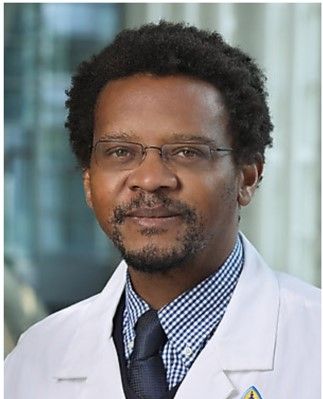
Dr Ambroise Wonkam
John Hopkins Medicine

Dr Lori Chibnik
Department of Epidemiology - Harvard T.H. Chan School of Public Health; Departments of Neurology - Massachusetts General Hospital and Harvard Medical School
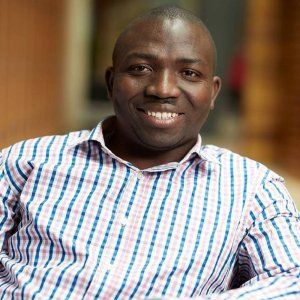
Dr Segun Fatumo
MRC/UVRI Uganda and London School of Hygiene and Tropical Medicine
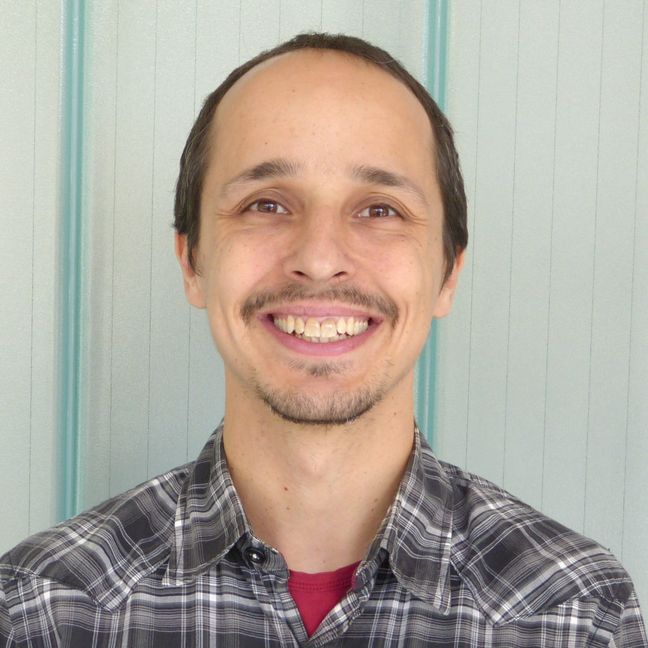
Dr Simon Gravel
Department of Human Genetics - McGill University
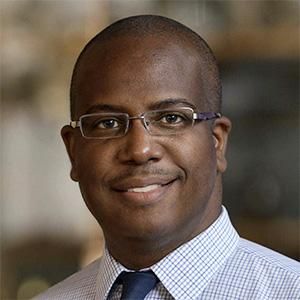
Dr Neil Hanchard
Center for Precision Health Research - National Human Genome Research Institute

Julie Kristof
Montreal Jewish Genetic Disease Fund
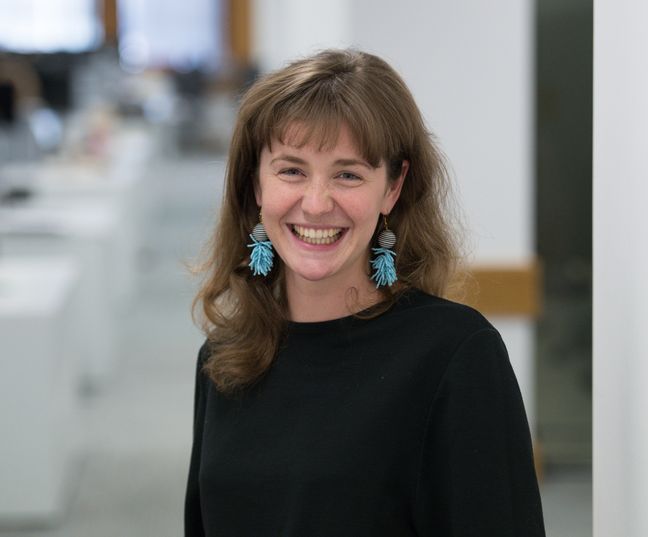
Dr Maxine Mackintosh
Genomics England
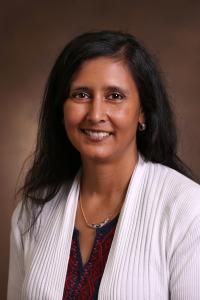
Dr Tuya Pal
Cancer Research at the Vanderbilt University Medical Center

Dr David Rosenblatt
Departments of Human Genetics, Medicine, Pediatrics, and Biology - McGill University
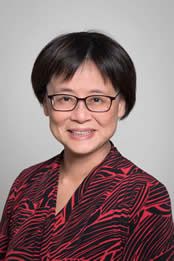
Dr Victoria Siu
Director of the Medical Genetics Program - Southwestern Ontario
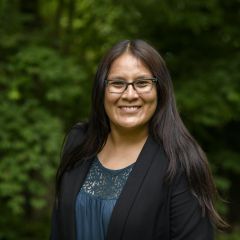
Dr Krystal Tsosie
School of Life Sciences - Arizona State University

Dr Naveed Aziz
CGEn CEO
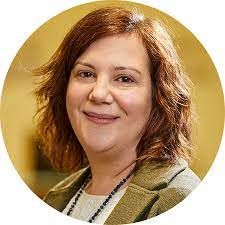
Christina R. Daulton
NIH, Partnerships and Engagement Officer
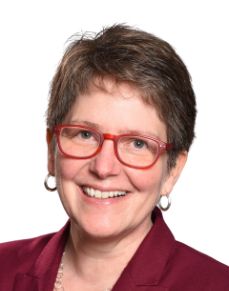
Dr Catalina Lopez-Correa
Genome Canada Vice-President, Research and Innovation/Chief Scientific Officer

Dr Christopher McMaster
CIHR Institute of Genetics, Scientific Director
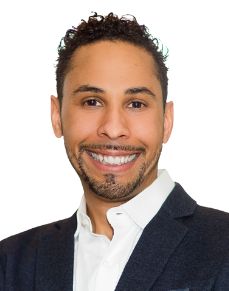
Dr Wesley Oakes
Genome Canada Director, Equity and Indigenous Engagement